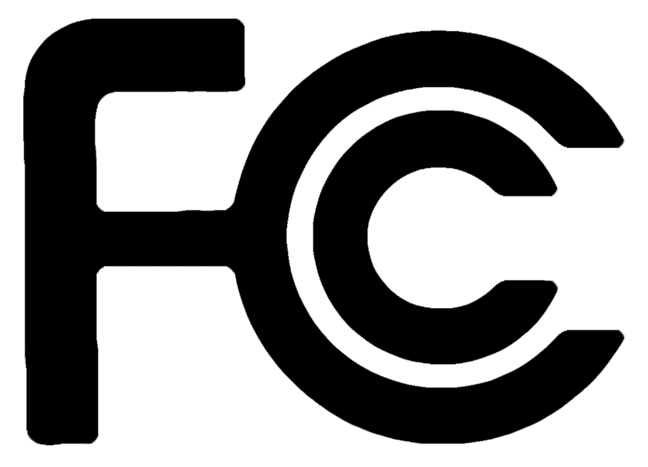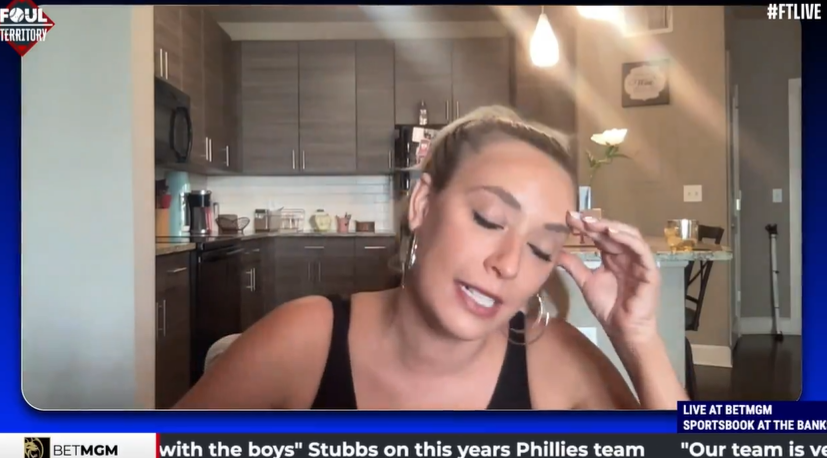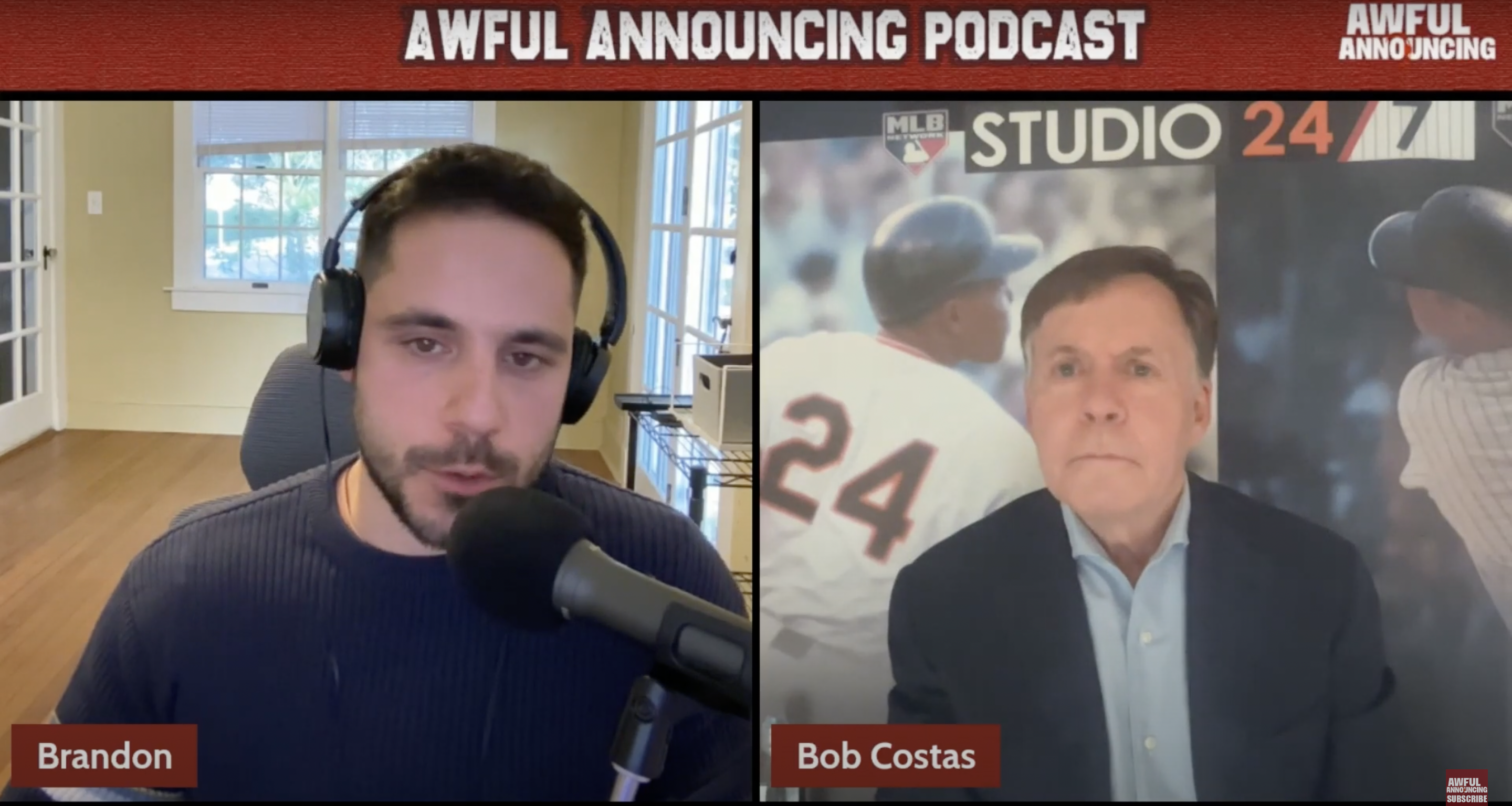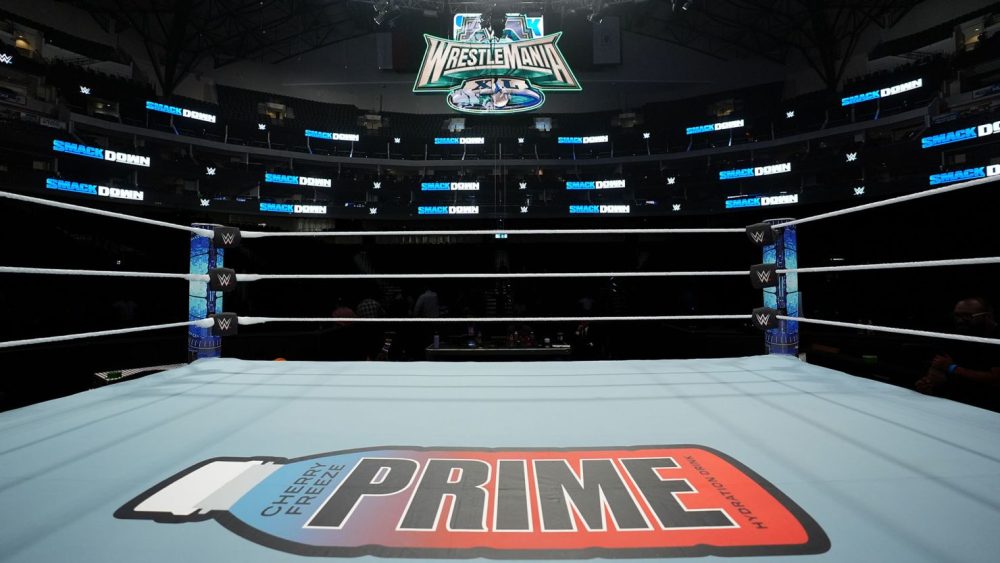On Friday, you might have seen this headline on Deadline Hollywood and gotten excited: "FCC To Consider Eliminating Its TV Sports Blackout Rules." Now, before all you Iowans start celebrating about being able to watch the Cubs, White Sox, and every other team blacked out in your state, we need to define what exactly an FCC-defined sports blackout is.
The FCC does have sports blackout rules, but they're not the ones you're used to seeing. The blackouts you're used to – whether it's because of an exclusive national window or a network footprint – are negotiated between the leagues and the cable providers. They have nothing to do with the FCC at all.
The blackout rules that the FCC are considering lifting pertain to low attendance at NFL games, and the blackouts that come about as a result. The FCC's blackout rules state that if a game is blacked out on a local broadcast station, it can't be broadcast on a cable or satellite station. If the blackout rules are lifted, the NFL could still force CBS/Fox to black out the games in the local market, but it could be aired on a cable network for the fans in the area.
The scope of the FCC's blackout rules is very limited and largely inconsequential, given the NFL's loosening up of the blackout rules last year. After 42 blackouts combined between 2010 and 2011, there were 15 blackouts in 2012 and none so far this year. The FCC's lifting of the blackout rules would really only impact you if you're a fan living in Buffalo, Cincinnati, San Diego, Tampa Bay, or Oakland, the five markets hit most by blackouts over the last four years.
So let's not celebrate yet – the FCC lifting their blackout rules would be one tiny little step in eliminating the more problematic blackouts that plague pro sports.







Comments are closed.